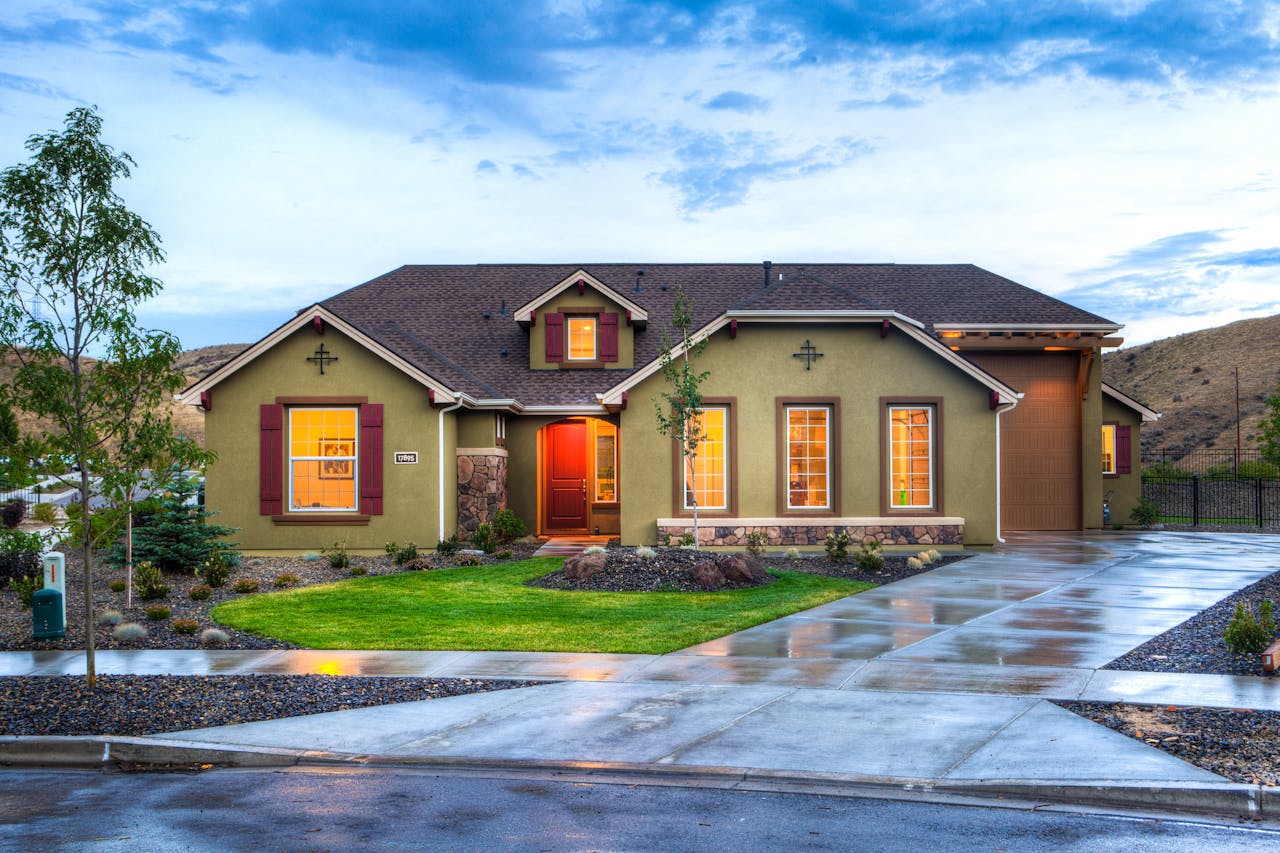6 Effective Ideas to Add Value to Your Home
Your home is a valuable asset capable of generating significant returns in the long run. Increasing your home’s value can bring numerous benefits, from building equity to a higher selling price. Several factors influence your home’s value, like location and market trends, which are beyond your control. However, strategically improving and maintaining your property can significantly impact its worth. Whether you’re looking to build equity for future financial security or maximize your return on investment when selling, here are six effective ideas to add value to your home:
- Create a More Spacious Environment by Adding Usable Square Footage
Consider building an additional bedroom, bathroom, or even a dedicated in-law suite to meet the needs of potential buyers and differentiate your property in the market. While the initial cost of such projects can be significant, the return on investment is substantial as price per square foot is one way buyers compare homes. Whether building an addition, finishing the basement, or constructing a deck, increasing your home’s square footage can justify a higher price tag.
- Boost Home Efficiency with Energy-Efficient Features
Energy-efficient features attract potential buyers, translating to a higher value for your home. Upgrading windows, doors, and attic insulation can improve your home’s efficiency. Consider installing LED lighting, energy-efficient appliances, and even solar panels for a bigger impact. Before making any upgrades, schedule an assessment with a certified energy auditor to determine areas of energy waste and the most effective solutions.
- Upgrade Your Exterior for a Striking Façade
From power washing driveways to well-manicured landscaping and exterior lighting, these comparatively small projects make a big difference. Consider adding a fresh walkway, planting shrubs and flowers, or even building a new patio and outdoor kitchen to enhance the visual appeal of your property further. Should these improvements require financial assistance, consider exploring options like a home improvement loan to fund your enhancement endeavors.
- Fortify Your Home’s Exterior Security
Exterior replacement projects often yield better returns on investment than interior remodeling, making them worthwhile for increasing home value. Projects like replacing the roof, siding, or garage door can significantly enhance your home’s structural integrity.
- Modernize the Kitchen
Although a complete kitchen remodel can come with a hefty price tag, midrange upgrades typically offer a better return on investment and appeal to a broader range of buyers. Focus on practical improvements like coordinating appliances, installing modern hardware, and optimizing the layout to maximize space. Consider your local real estate market and buyer preferences to avoid unnecessary upgrades.
- Upgrade to a Smarter Home
Adding smart, safety-enhancing gadgets like smart thermostats, fire detectors, door locks, and security cameras can enhance your home’s appeal to tech-savvy buyers. These features can be relatively inexpensive to install and improve your home’s overall comfort and security.
Financing Your Home Improvement Projects
Upgrading your home can be a significant financial investment. Here’s a breakdown of various ways to finance these improvements, each with its advantages and considerations:
Home Improvement Loan:
Consider a home improvement loan, an unsecured personal loan tailored for house repairs and upgrades. With fixed interest rates and monthly payments, these loans offer flexibility, ranging from $1,000 to $100,000, depending on your location and lender. They’re ideal for room additions, emergency repairs, or even purchasing new furniture without requiring collateral.
Alternative Financing Options:
- Personal Loans: Similar to home improvement loans, but may have higher interest rates.
- Home Equity Loan or HELOC: These options leverage your home’s equity as collateral. A home equity loan offers a fixed-rate lump sum, whereas a HELOC operates similarly to a credit card with a variable rate and borrowing cap. Failure to repay could result in foreclosure.
- Cash-out Refinance: Suitable for extensive renovations but involves taking out a new, larger mortgage to replace your current one, possibly at a higher interest rate.
Conclusion
Investing in your home’s value can reap numerous benefits, from increasing your selling power to building equity for future financial security. Increase your living space, enhance comfort, and boost your home’s resale value by strategically adding value through targeted improvements. Consider various financing options, consider their advantages and disadvantages, and seek guidance from a real estate professional or financial consultant as needed.




